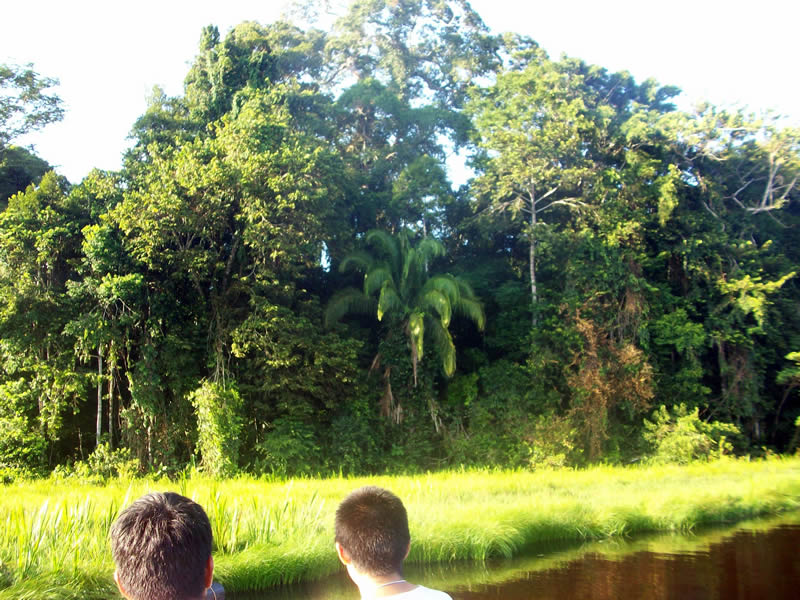Hundreds of new fires were reported this week across the Brazilian Amazon, with most of the blazes concentrated in the northwestern state of Rondonia. International uproar over the fires’ climate-change impact intensified even as two C-130 Hercules aircraft dumped hundreds of gallons of water onto the fires.
The blazes generated smoky skies in Port Velho, leading to the closure of the international airport for nearly two hours. Late last week, smoke from the fires blanketed Sao Paulo, Brazil’s largest city.MORE IMPACTING TRAVEL
Yet the conflagration’s location in a remote region far from most Brazil attractions, including Rio de Janeiro and the country’s Amazon River lodges and excursion sites, has limited the fires’ impact on travel to the nation.
“We do not have any official travel cancellation figures for Brazil,” said Embratur (Brazil’s Tourism Board) officials in a statement to TravelPulse.com. “It is noteworthy that the issue of fires happens worldwide and not only in the Brazilian Amazon region. Other countries surrounding the Amazon region are also suffering from these fires.”
The statement adds, “Jair Bolsonaro (Brazil’s president), has been meeting with ministers to form a crisis cabinet due to the fires. [He] has assured us he will do everything in his power to guarantee order in the region.” Bolsonaro will activate Brazil’s army to assist in fire-fighting, officials said.
World Wide Fund for Nature (WWF) Amazon program head Ricardo Mello called the fires “a consequence of the increase in deforestation.”
“As lovers of the earth we are all shocked and saddened by the environmental catastrophe happening in our next-door neighbor,” added Jose Koechlin, chairman of Peruvian eco-tourism company Inkaterra Association.
Meanwhile, officials at G Adventures, which operates Amazon tours in neighboring Peru and Ecuador and has not been affected by the fires, are nevertheless “closely monitoring the situation” said Kim McCabe, a company spokeswoman.
“There have been a few customer and agent inquiries coming into our call center in regards to the fires, asking for reassurance or confirmation that our itineraries are not going to the areas directly affected,” she said. “We are advising those travelers that our tours are running on a normal schedule.”
While company operations remain unaffected, G Adventures leadership made it clear it considers the fires an environmental crisis. The Amazon River region is the earth’s largest rainforest, estimated to generate 20 percent of the planet’s oxygen. Its carbon production is widely considered crucial to ameliorating climate change’s impact. The region is also home to scores of indigenous communities.
“Tourism is just one of many positive forces that could be hurt if the fires are allowed to rage on,” said Bruce Poon Tip, G Adventures’ owner. “These forests are absolutely vital to local and indigenous peoples’ well-being, and irreplaceable to our planet’s climate health.”
“Crises and the negative headlines they generate can spread as fast the fires, sending travelers elsewhere for months, or even years,” he added. “Brazil’s leadership has an opportunity now to step up and protect the Amazon from further destruction, or stand by and watch its benefits be lost to all.”
Travel to Brazil has been a priority initiative under Bolsonaro’s administration. The government this year launched a visa waiver initiative in part to increase North American visitors.
Source: travelpulse.com




